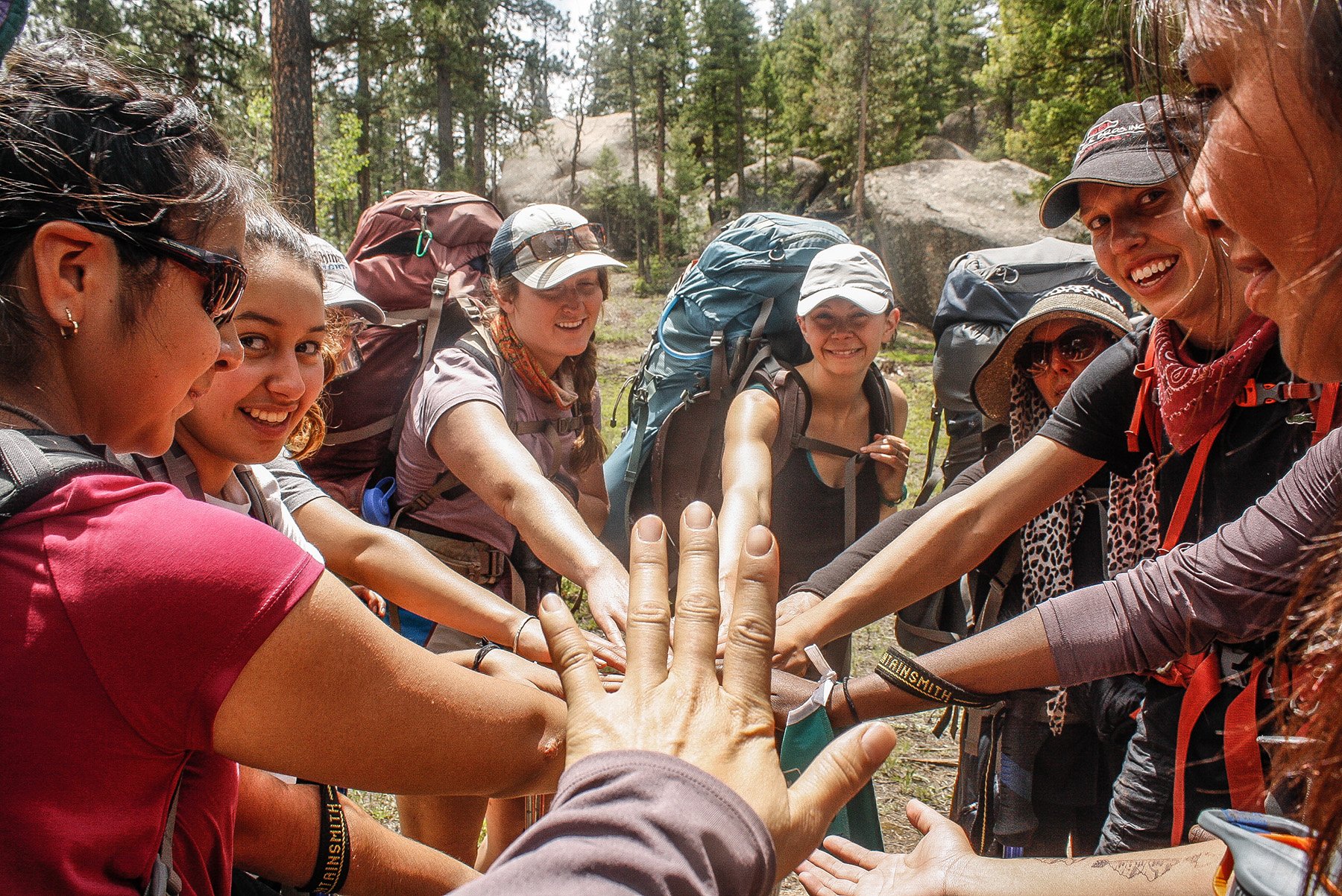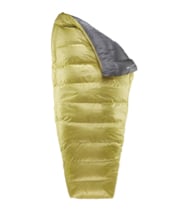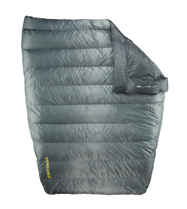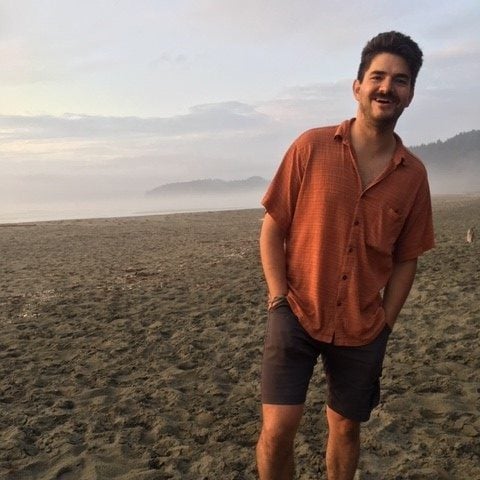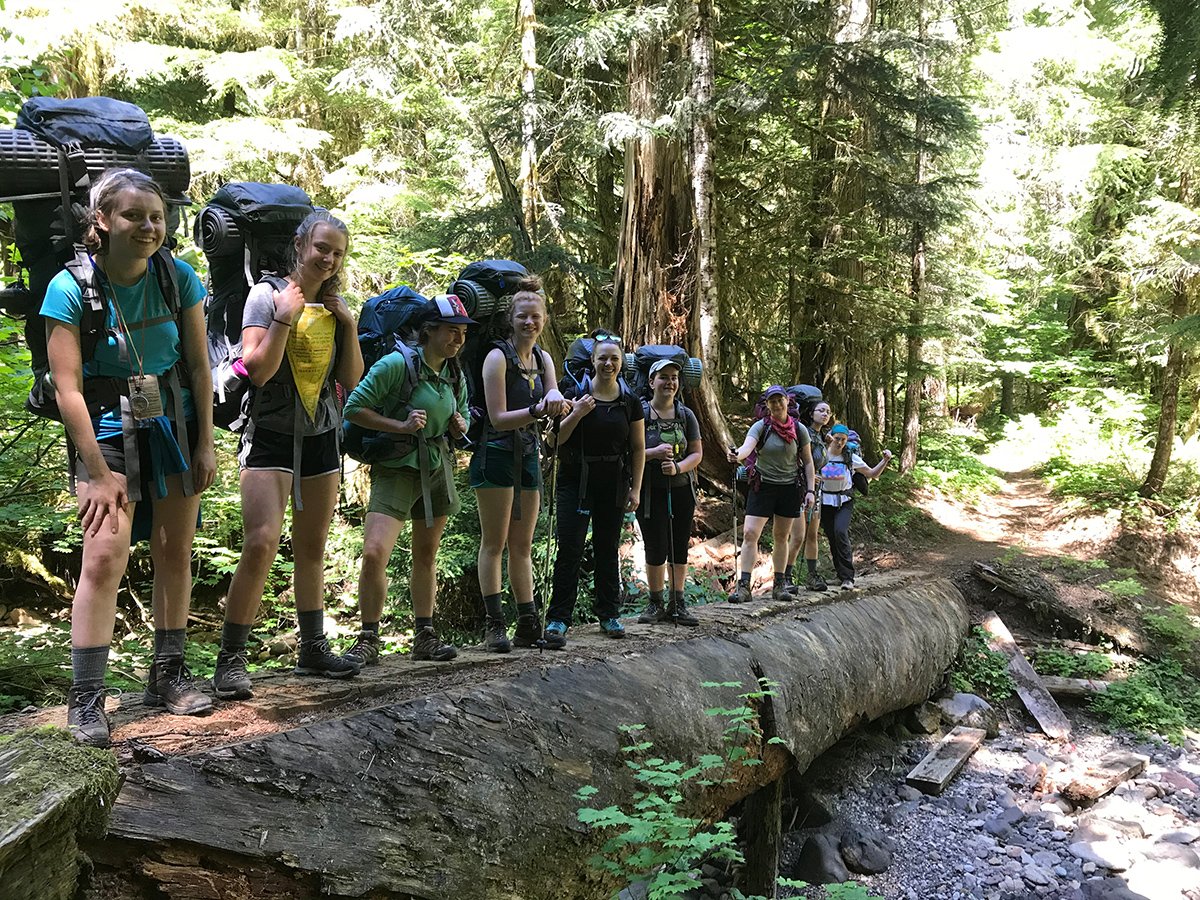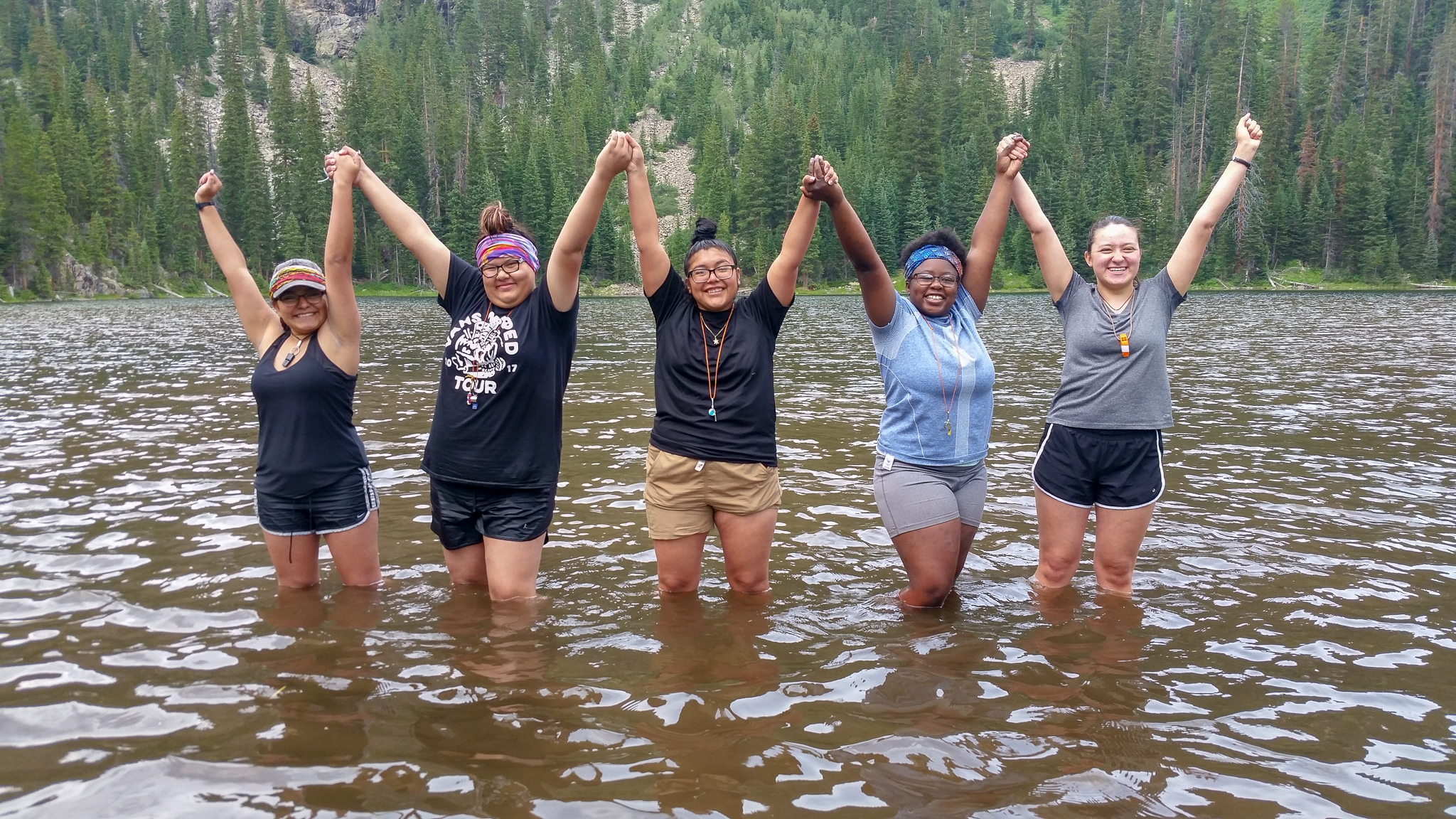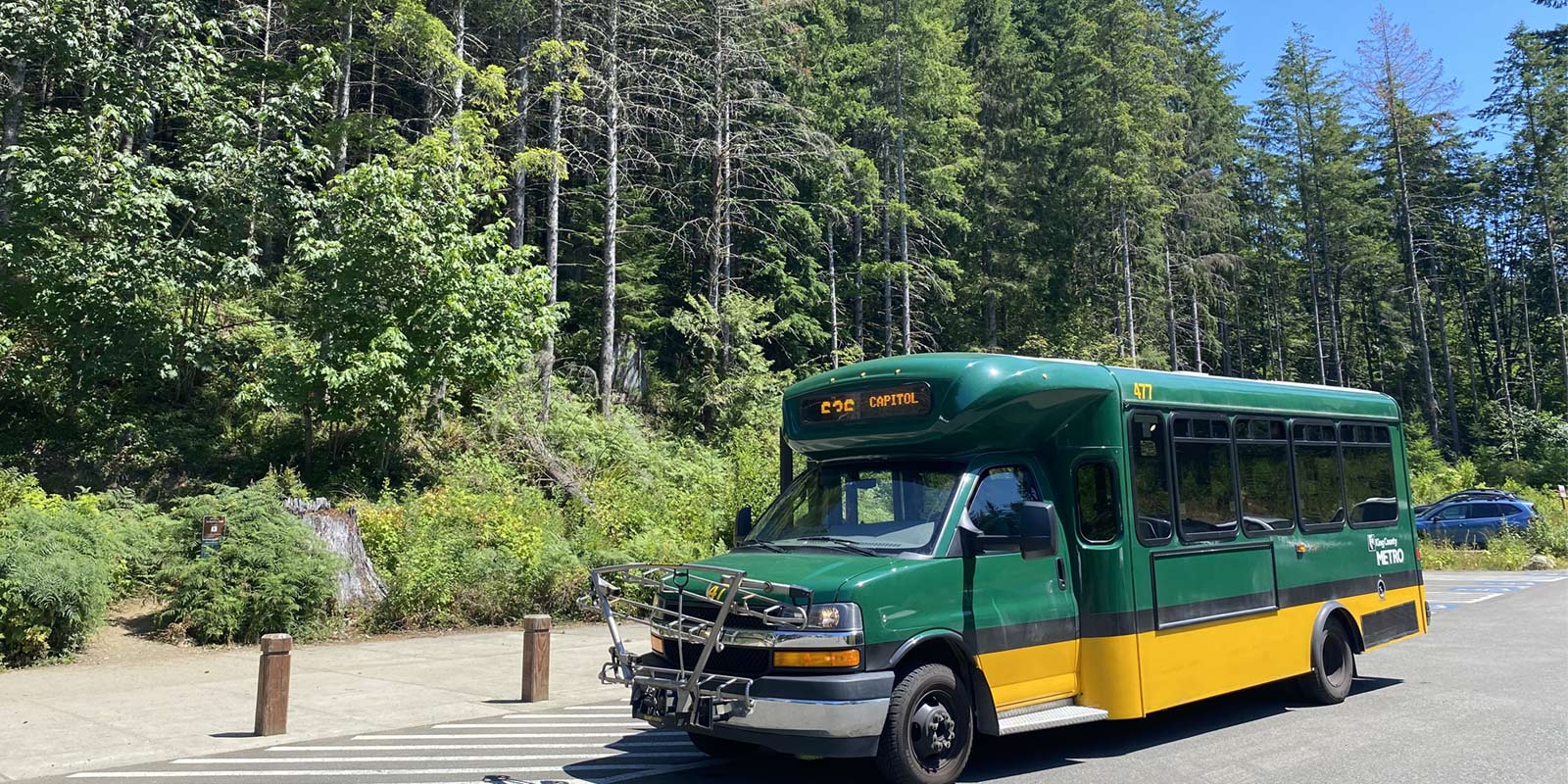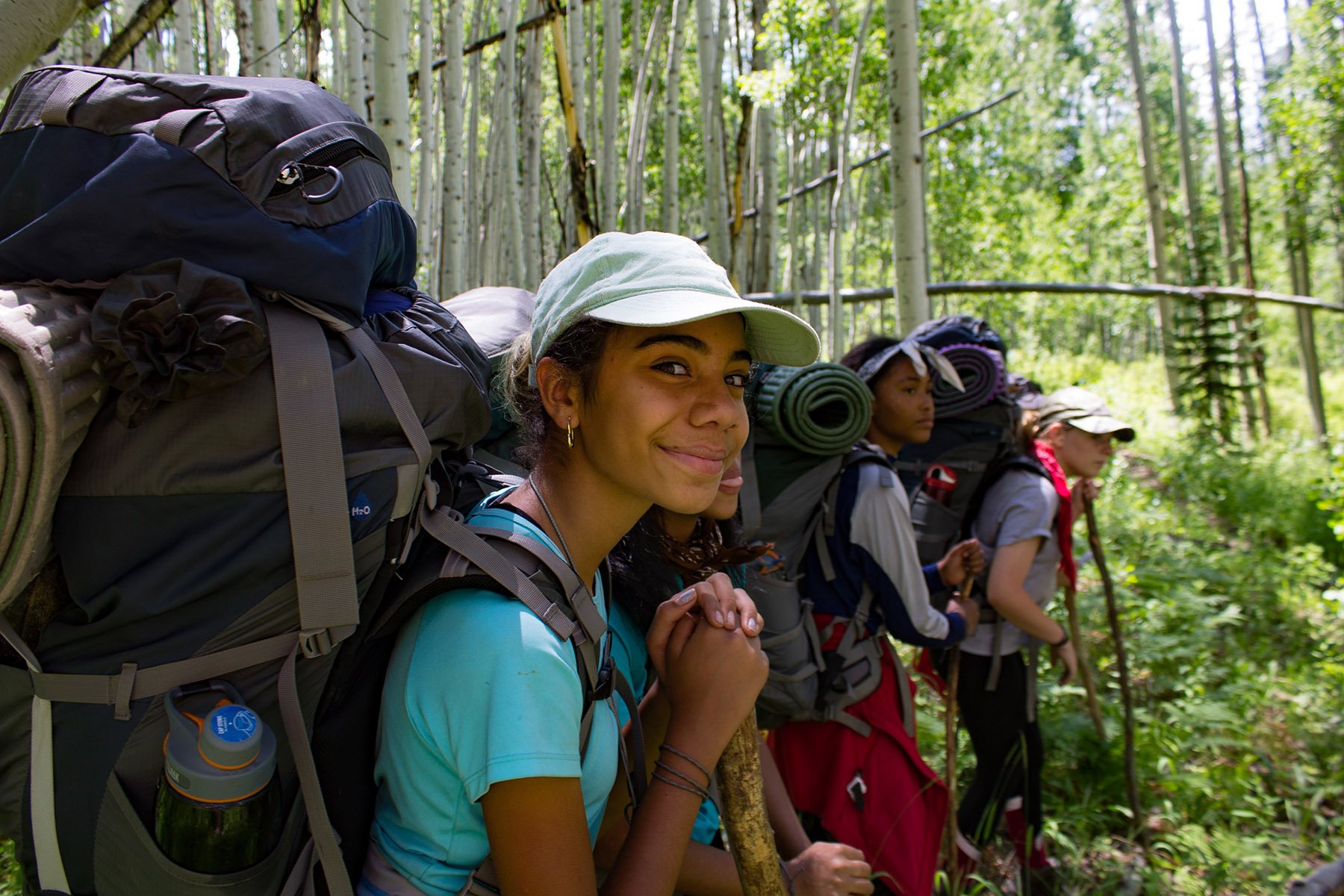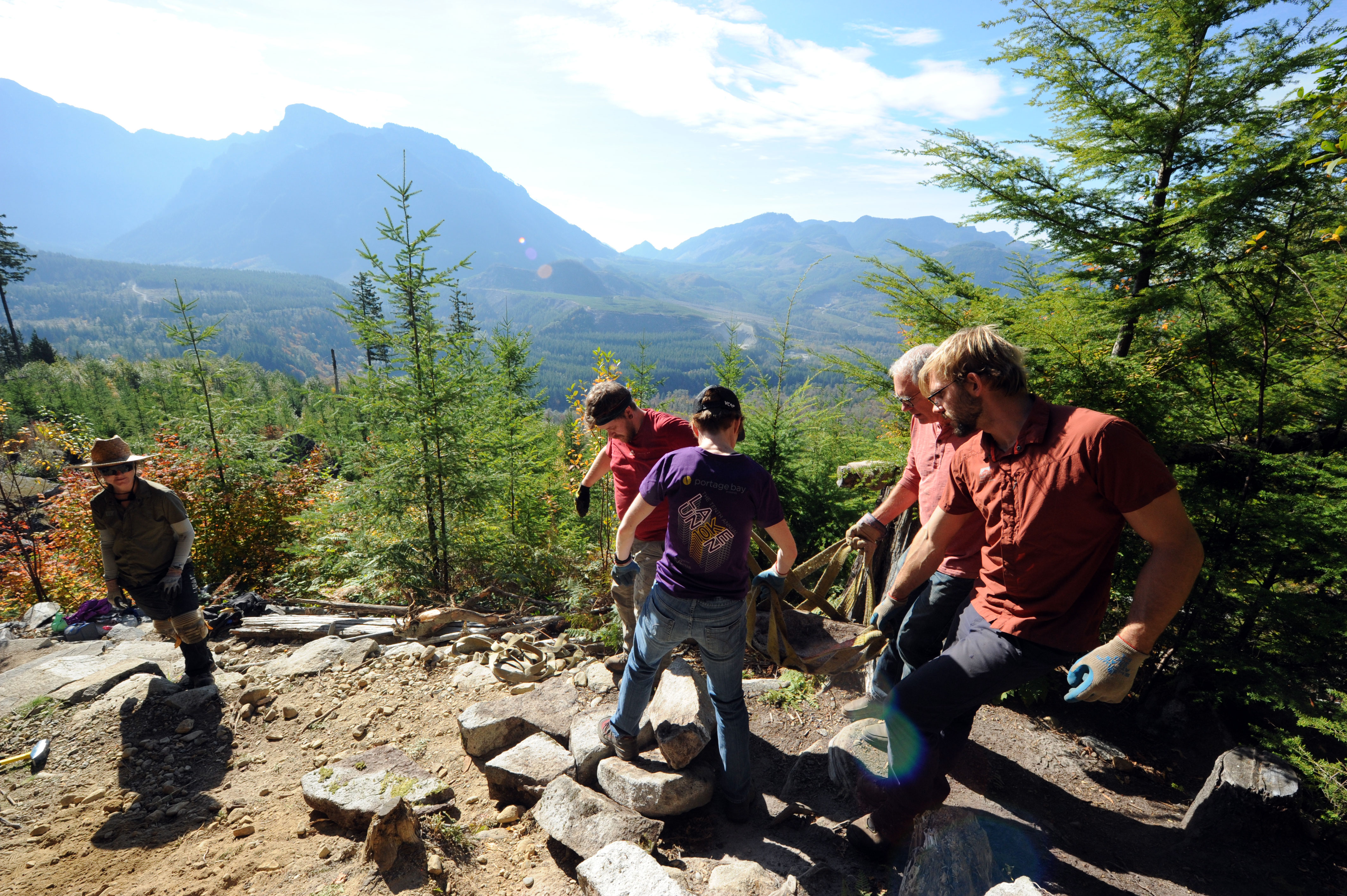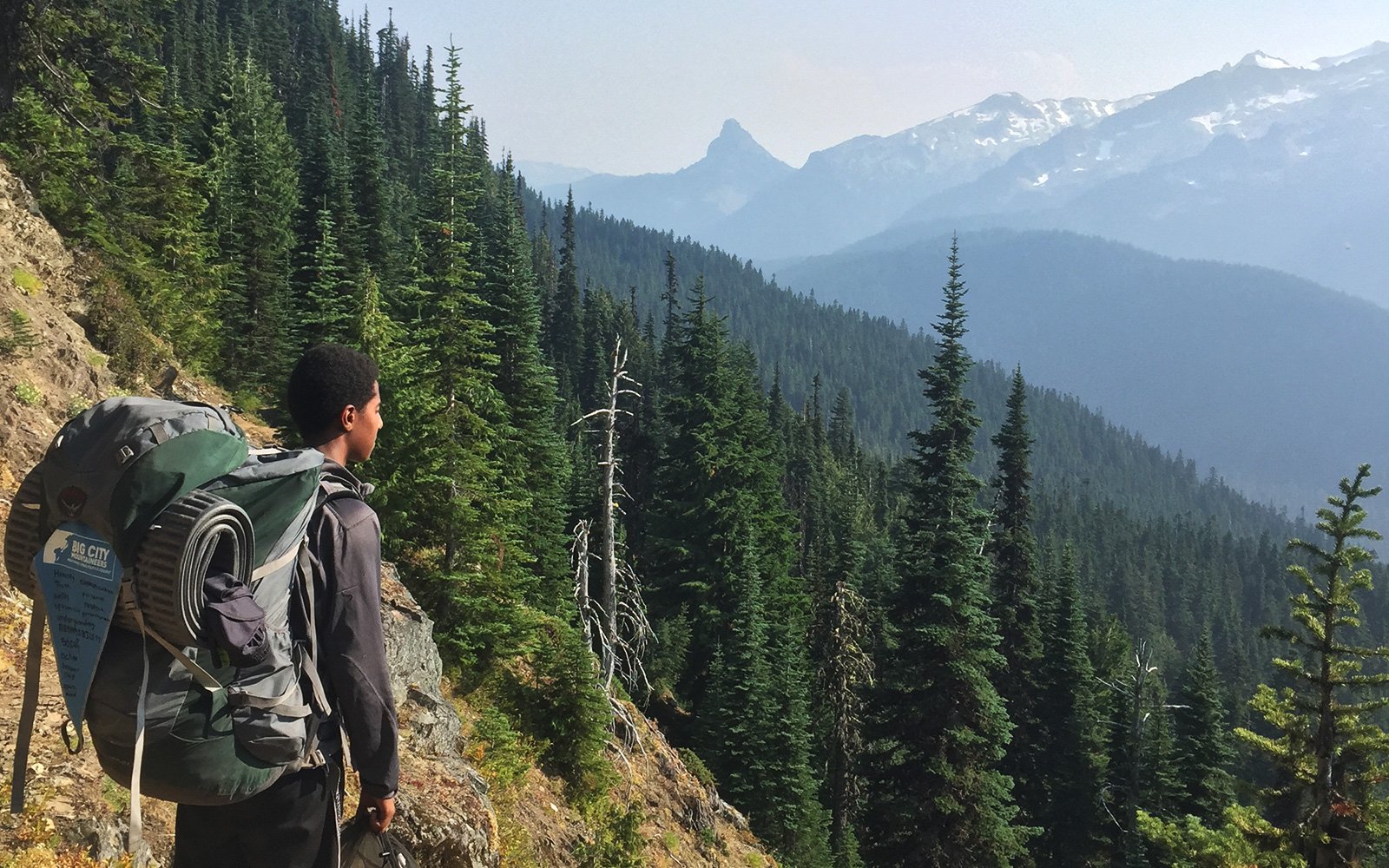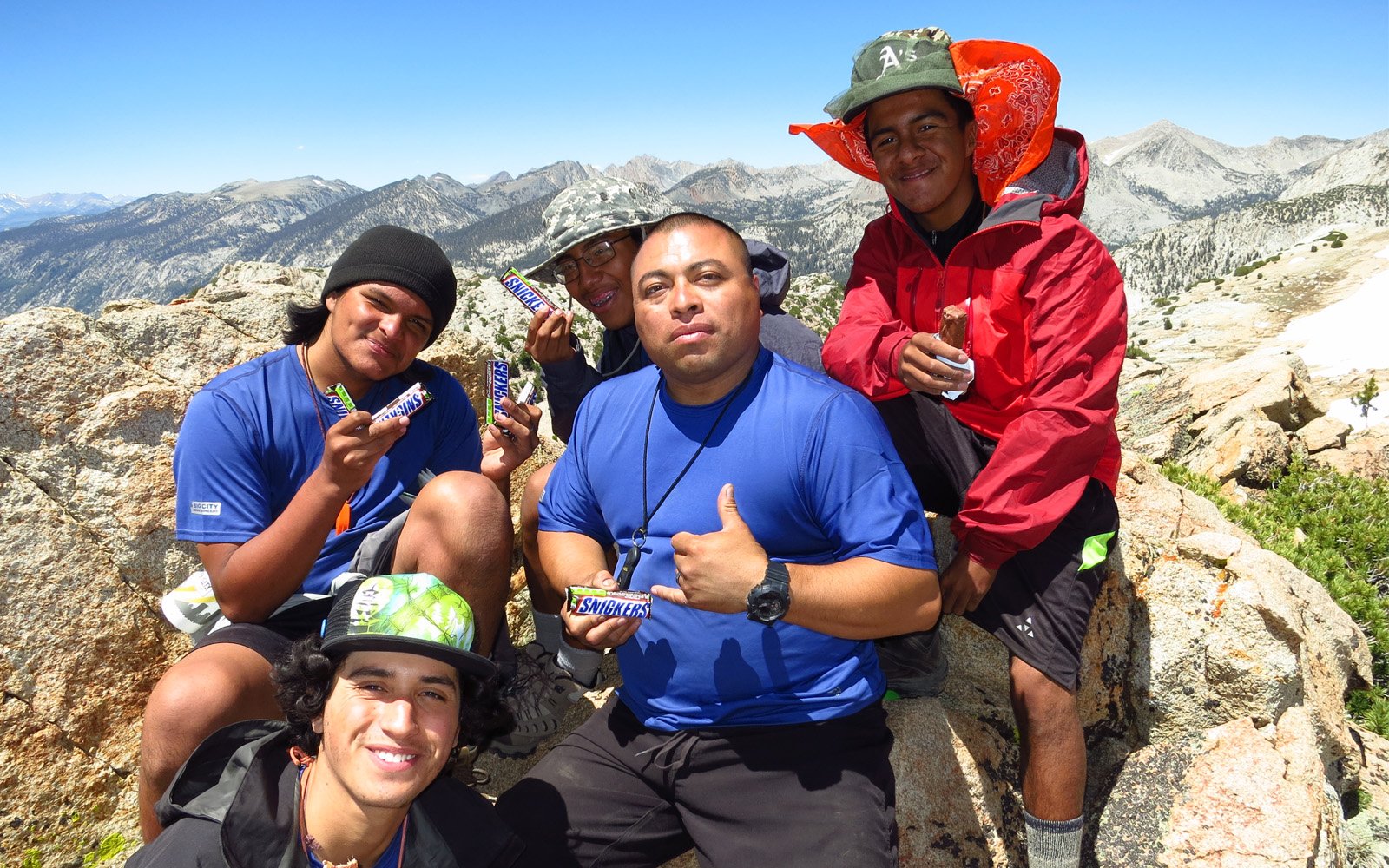An Interview with Megan Aranow, Director of Strategic Partnerships at Big City Mountaineers.
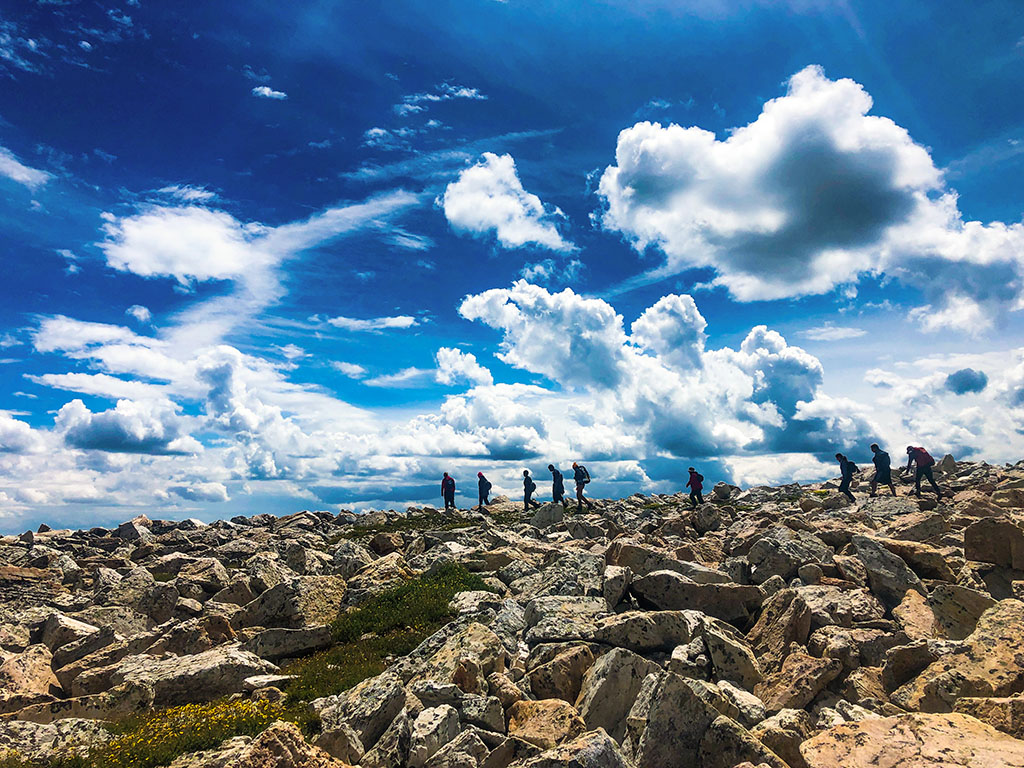
Hello, let’s start with an introduction. What is your name and what do you do for Big City Mountaineers (BCM)?
My name is Megan Aranow and I am the Director of Strategic Partnerships at BCM. I help build relationships between BCM and various community supporters, including outdoor brands like Therm-a-Rest. These relationships provide key resources that help BCM deliver high-quality programs for youth.
Alright, big double question, who is BCM and what do they do?
Big City Mountaineers breaks down barriers to outdoor access for students from disinvested communities. By providing free, fully-outfitted, and professionally-led backcountry trips in 6 regions around the country. BCM provides students with the opportunity to connect with nature and reconnect with their strengths, adaptability, and resilience.
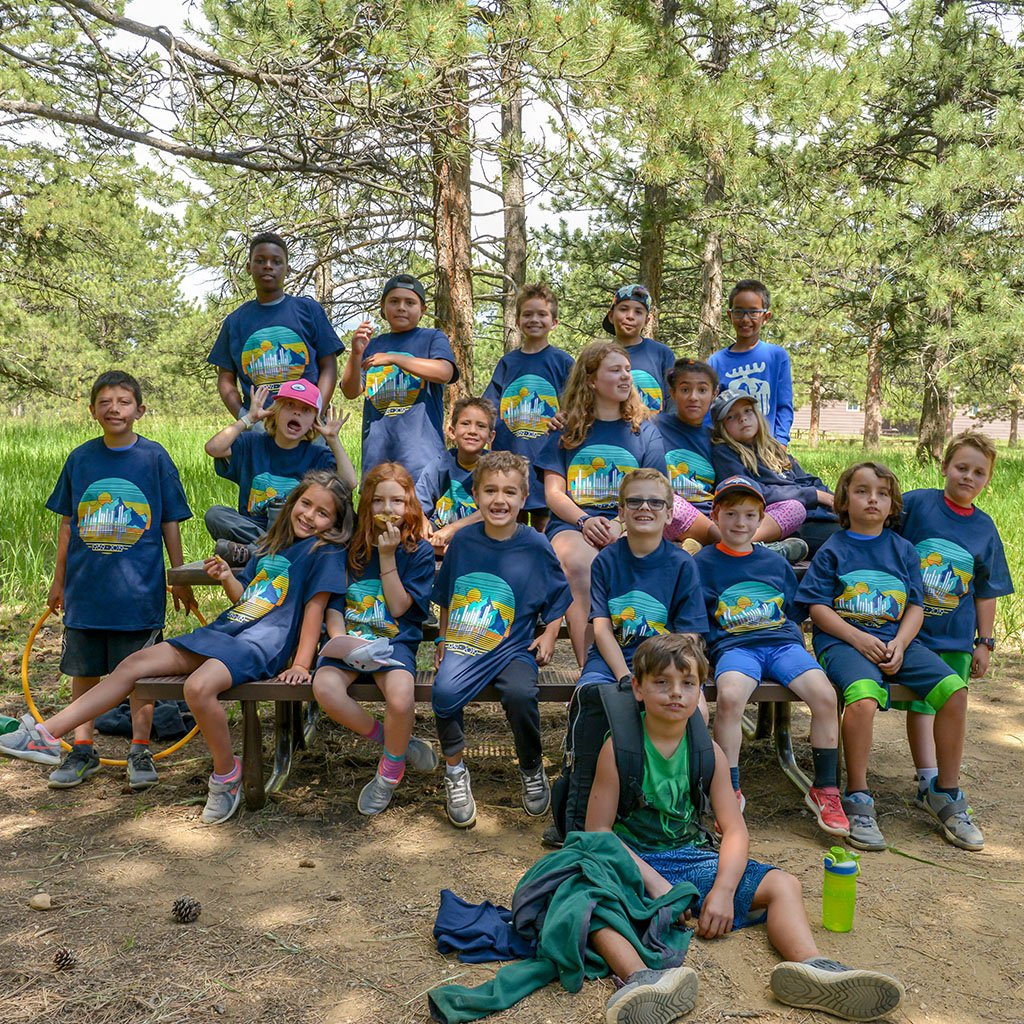
What does it mean to be from a disinvested community?
A disinvested community is a community that has been (often purposefully) underfunded/neglected by a municipality. Fewer resources are allocated to areas with residents who don’t have ample political power – and those often fall along racial and economic class lines. This is or has historically been done through exclusionary zoning like redlining, planned shrinkage—where cities withhold investment in particular areas—and/or in conjunction with the use of aggressive buybacks and eminent domain in efforts to “revitalize” certain areas. All too often, “revitalize” just means gentrify.
How does disinvestment affect outdoor access?
Disinvestment very often results in fewer greenspaces, public trails and opportunities to be exposed to nature and its myriad of benefits within a community. Research shows that residents of a community deprived of greenspace are less likely to use the greenspaces that do exist. If people from these communities—let alone children—are not seeking out public parks, can they really be expected to seek out camp sites and the backcountry? The answer is no, and that is an unethical failure of society due to the very real individual and community health implications of time spent outside.
Having felt it before, many of our readers can relate to the unique emotional power of experiencing the backcountry. What methods do trip leaders use to tap into that experience and make the trip potentially life-changing for the students?
BCM trip leaders focus on creating an environment where all members of the team – youth, adult, and guide – are valued and have opportunities to both teach and learn. Students have the chance to discover their own source of strength, resilience, and capability by learning to thrive in an unfamiliar environment together. Trip leaders help each student understand that they have a role to play in supporting their team members. The leaders will pass more and more responsibility for managing trip decisions and logistics to the students throughout a trip.
There are many testimonials from BCM alumni on your website. Do you have any particular anecdotes or insights into how the students process a BCM experience?
Every student is different and experiences a BCM trip in their own way. We all bring our personal histories with us when we spend time in nature and those play a major role in determining both what we need and what we can get from such an experience. We hope that all students on BCM programs are able to feel fully themselves, to both accept and enjoy themselves in a way that can be difficult to access when surrounded by the many common pressures of society today. One student memorably wrote, “After BCM, I am aware of my self-potential.”
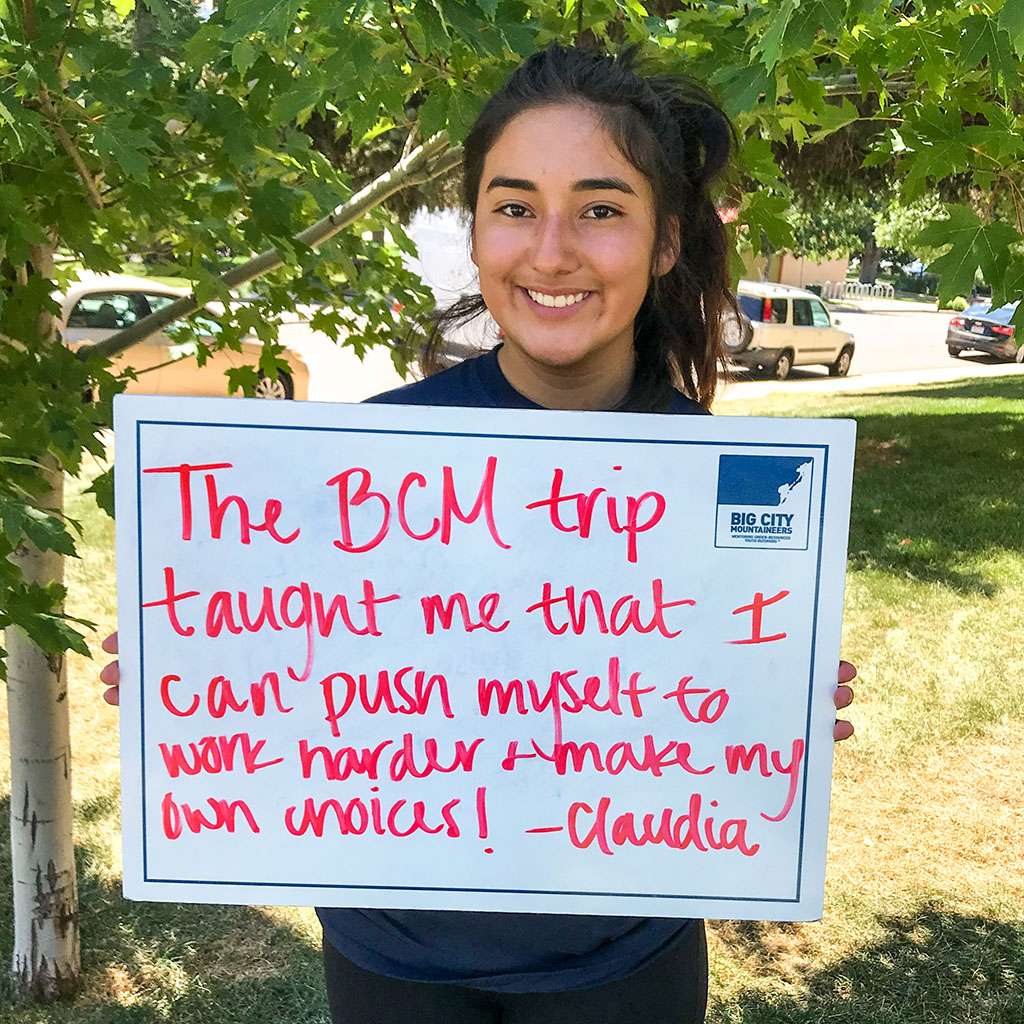
Why is BCM’s work so important?
Scores of studies show that time outdoors is linked with greater mental, emotional, and physical health. Youth who come from communities that have not historically enjoyed equitable access to the outdoors deserve the multitude of benefits that come from a stronger connection with nature. BCM focuses on identifying the key barriers to that outdoor access, and addressing them directly, thoughtfully, and in partnership with the communities we serve.
The COVID-19 pandemic is currently highlighting both social inequities and the need for all people to have meaningful access to nature. BCM is preparing to meet the mental health needs of youth emerging from the trauma of this pandemic through a greater variety of outdoor-based programs.
How has being involved with BCM affected you personally?
Working with BCM has helped me to understand the critical importance of relational partnerships in making positive change. In a world that has seemed to value transactional interactions, it is more important than ever that we focus energy on building and maintaining meaningful relationships that are founded on deep empathy and consistent support.
Working at BCM has also opened my eyes to a world of inequity, where opportunities and access that I have personally taken for granted are largely inaccessible to a great number of people. I previously thought that the “outdoors” was a space to be free of politics; now I am acutely aware that systemic injustice is present in those spaces, too. I have learned that believing in the outdoors as a healing and inspiring place necessarily means working to ensure that everyone is able to experience that without fear.
As a non-profit, what is the most significant obstacle to the BCM mission?
BCM relies heavily on donor and sponsor support in order to offer youth programs completely free of charge to participants. It is imperative that we have an engaged and informed base of support—now and moving forward—that recognizes both the benefits of outdoor access AND that access has been unequal across different communities. Without those points of understanding and alignment, it would be nearly impossible for BCM programming to exist.
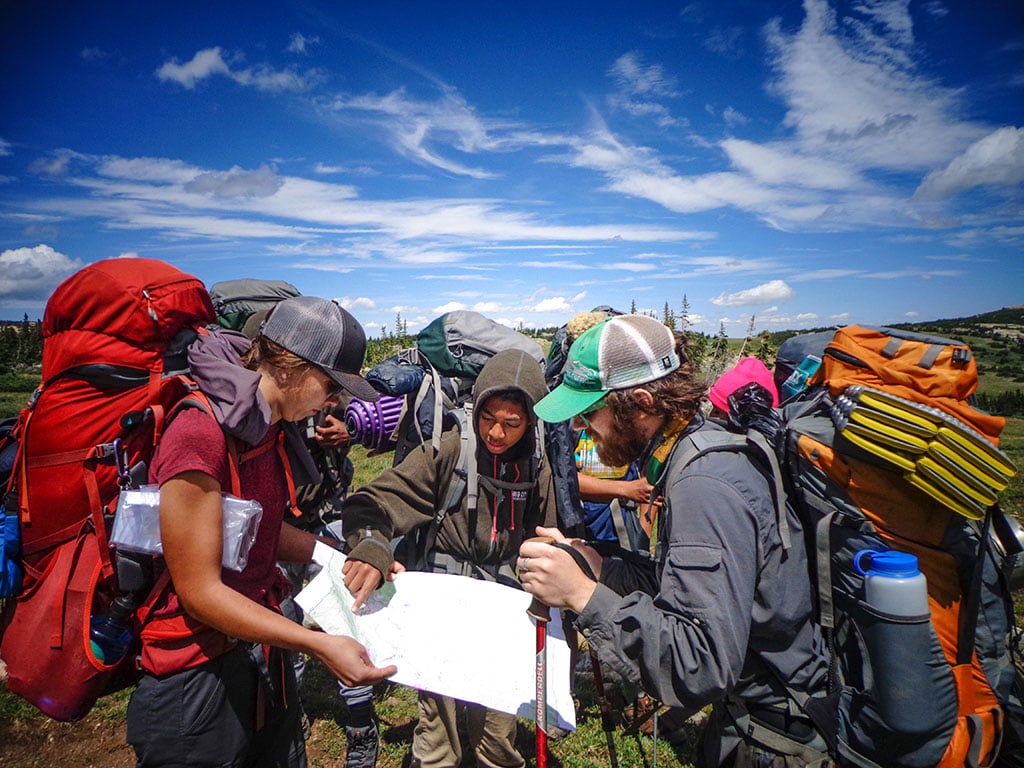
In what ways has COVID affected BCM programming?
All in-person programming at BCM has had to be put on hold so that we can protect the health of BCM students and their families, as well as our staff and instructors. We have shifted to offer a variety of distance-based and socially-distant programs in recent months – while they have been meaningful experiences, we are all eagerly awaiting the day when it feels truly safe to run overnight trips again.
COVID has also given BCM a chance to reflect on our history as an organization and how we’d like to grow and do better. We know we need to do more to affirm our students’ cultures and lived experiences as well as deepen our relationships with our youth agency partners. Those are things that we have made time to examine in the absence of many of our typical summer programs.
What are BCM’s goals for the next year?
We are developing a broader variety of outdoor-focused programs that are different lengths and include different activities than we have traditionally offered. This will allow us to connect with students more regularly and build stronger relationships over time. We’ll also be able to incorporate their specific interests more readily, while maintaining our commitment to high-quality programming.
BCM is also preparing to launch a career exploration program for teens interested in the outdoor industry. Drawing upon our many connections and broad network as an organization, we will connect participants with opportunities to learn more about outdoor careers, from wildland firefighting and wildlife management to backcountry guiding or equipment design.
We also intend to follow through on our 2020 commitment to anti-racism within our organization. This is an ongoing journey that includes both education and action, as well as a willingness to humbly grow over time.
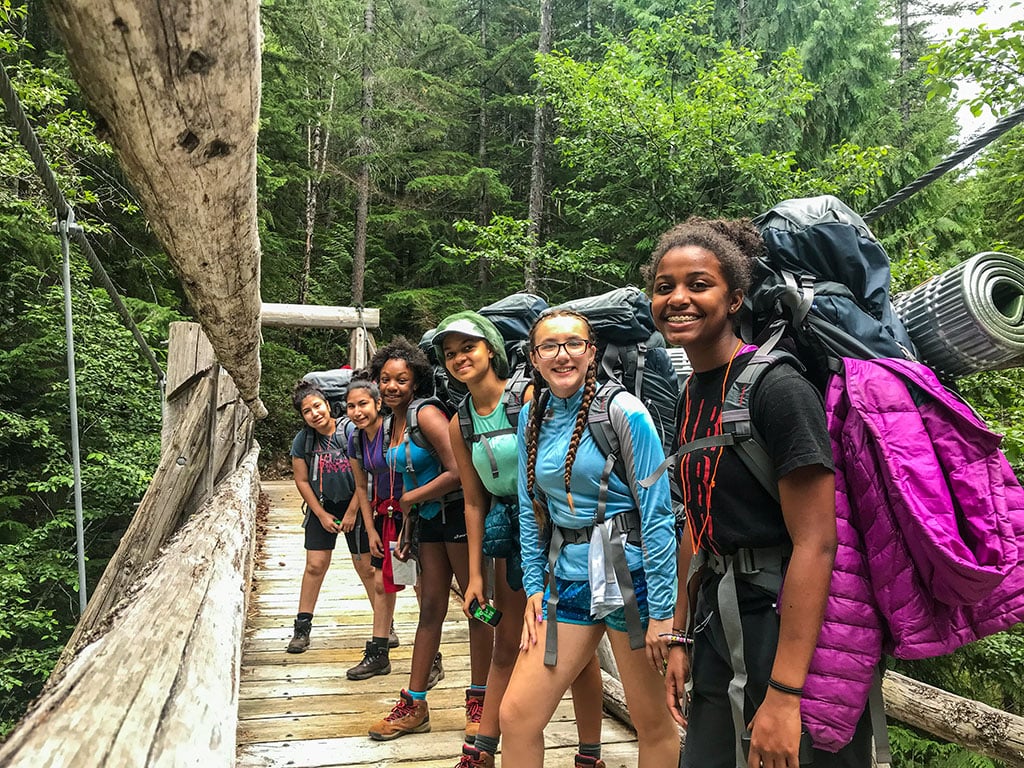
Therm-a-Rest is honored to be an annual supporter of Big City Mountaineers. What are some ways for our readers to become involved and support BCM?
Once in-person programming is up and running again, we will be looking for volunteers who are eager to work with students on a variety of BCM outings. BCM operates youth programs out of 6 major areas around the US: Denver, San Francisco, Portland/Seattle, Minneapolis, and Boston. Contacting any of BCM’s regional program managers (RPMs) is the best way to learn more about volunteering.
We offer a fundraising program called Adventure for Someone that directly supports BCM’s youth initiatives. Outdoor enthusiasts can create a campaign in which they combine a personal passion or bucket list item (ex. climbing the Grand Teton, biking across the state) with raising money. BCM provides a simple platform to organize your campaign, as well as support with planning the details. You can learn more on the BCM website.
BCM also really values connections to individuals or organizations whose values align with our organizational work and are interested in engaging. If anyone comes to mind, we would welcome an introduction!
Lastly, what is it like to volunteer for BCM or lead a trip?
I began my personal journey with BCM as a volunteer on a weeklong backpacking trip. The time spent in the backcountry was magical in so many ways – a beautiful area shared among a group of women of varying ages, experience levels and personalities. I witnessed the emerging strength of both the overall team and each individual participant as we settled into and embraced our circumstances. Students stepped up to lead, demonstrating that they were more than capable and willing to do so, given the opportunity. On-trail and at-camp conversations were opportunities for daily reflection about life’s variety of joys and challenges. The opportunity to learn from each other and be seen as our true selves was a true gift.
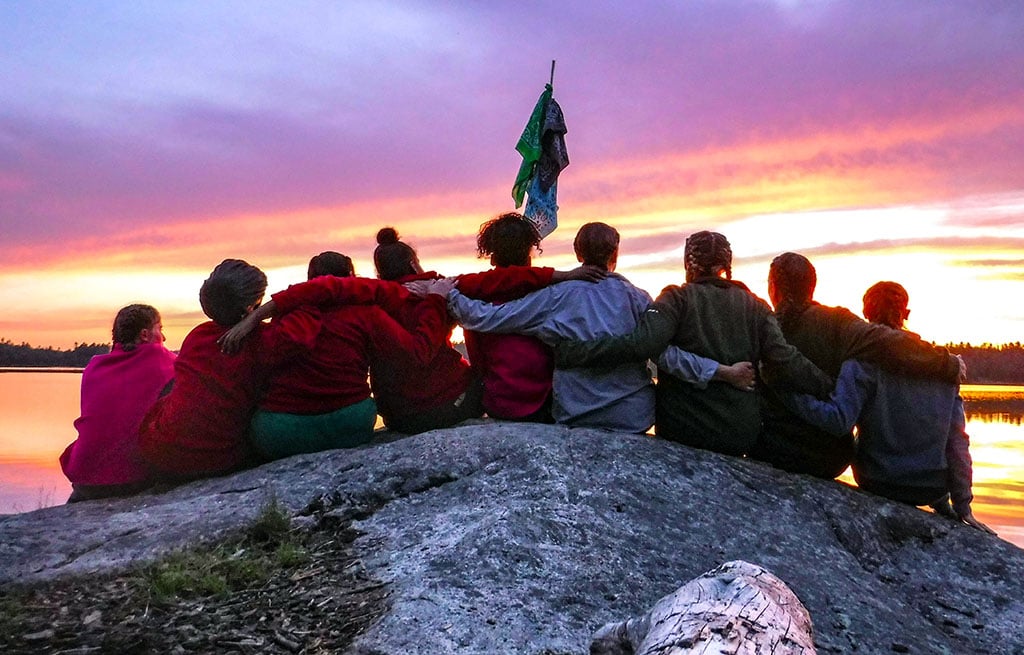
Learn more about Big City Mountaineers and what Therm-A-Rest is doing to help make camp for everyone.
